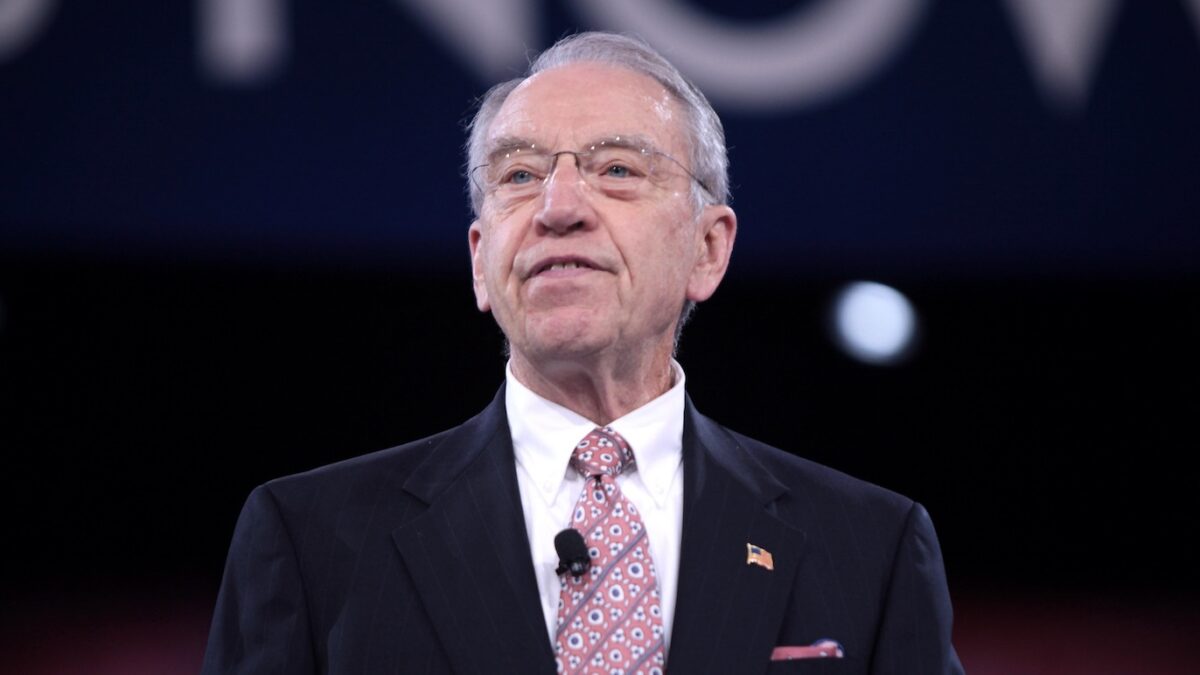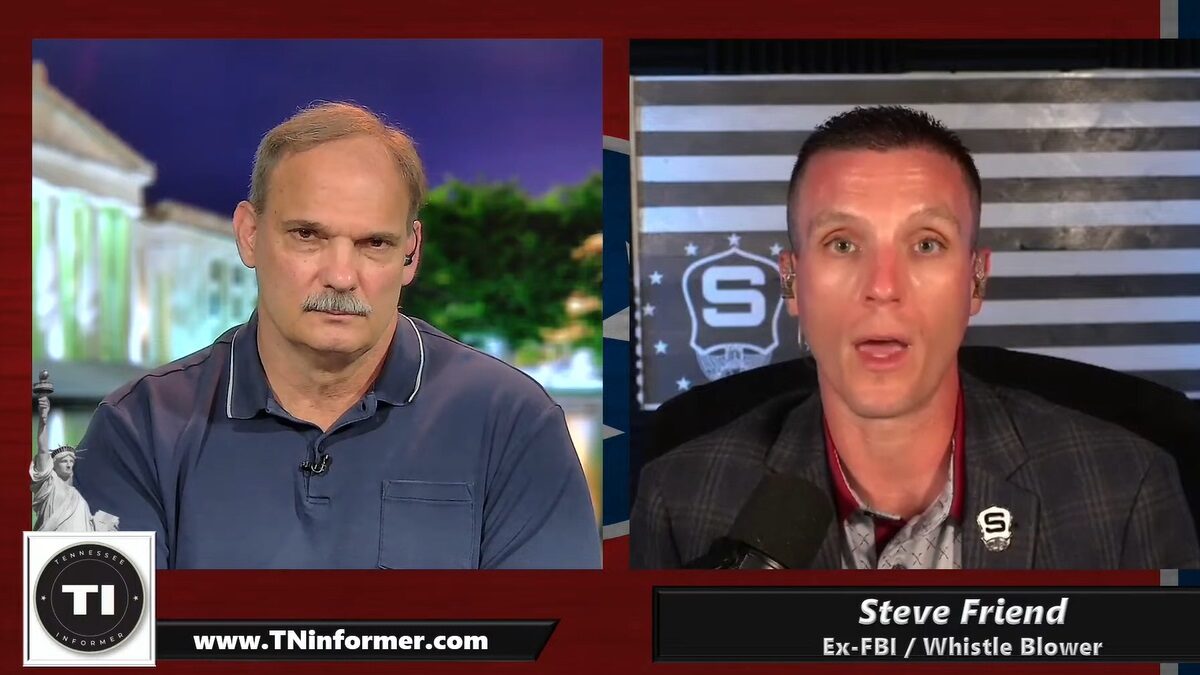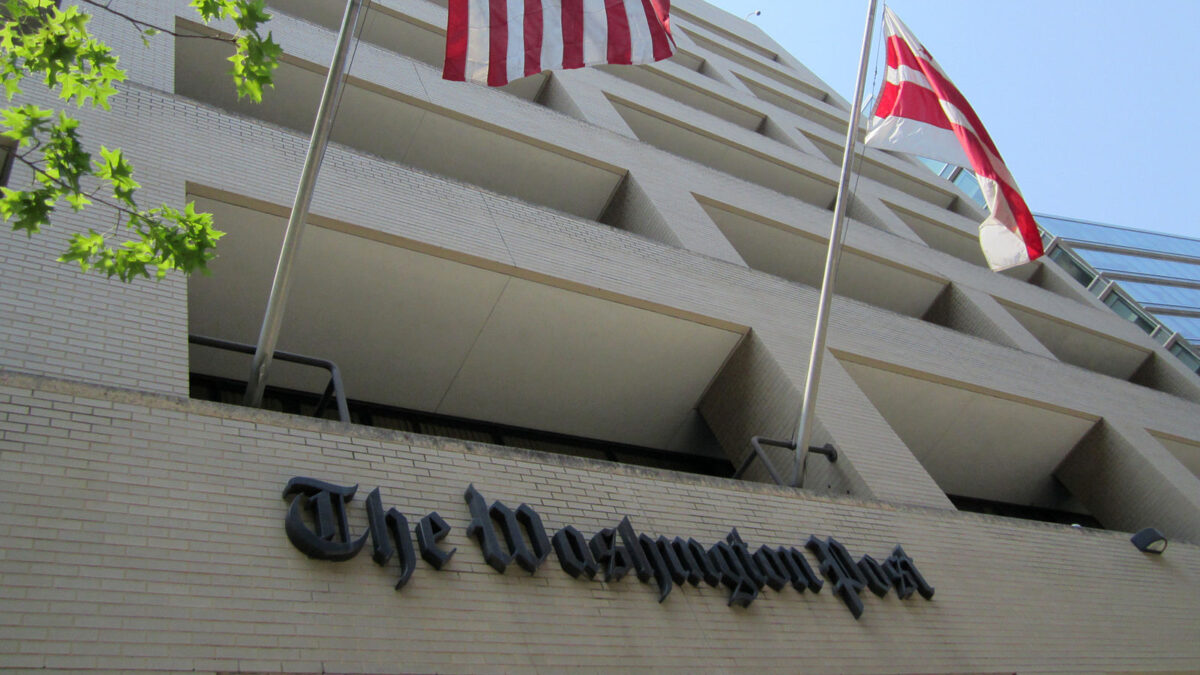
Imagine this: Amidst a close election, a partisan government lawyer with questionable authority investigates a conservative nonprofit supporting a political candidate. The government theorizes the candidate and organization are communicating too much—”coordinating” in legal parlance. A court eventually exonerates the group finding the government’s theory onerous. But it does so only after a years-long investigation that clouds the group’s operations, impedes its fundraising efforts, and ultimately negates its ability to influence voters during the election.
The above scenario indeed happened. But it was not, as the reader may suspect, the recently terminated ‘John Doe‘ investigation, which targeted Wisconsin Club for Growth–as well as other organizations–for supporting Scott Walker during his recall election. The nonprofit was the Christian Coalition, the candidate was George H. W. Bush, and the government lawyer was then-Federal Election Commission enforcement chief Lois Lerner.
What We Can Learn from Wisconsin
Jim Bopp, the Christian Coalition’s lawyer, detailed the government harassment in a 1999 article. The FEC demanded over 100,000 pages of documents, with harassment of all 49 Coalition state-affiliates stretching back years before any alleged improprieties occurred. The collected documents included sensitive information about donors and lobbying strategies. The FEC also deposed almost 50 people from the Coalition and Bush’s campaign, including the former President himself. The defeat hardly harmed Lerner’s standing, however. Shortly thereafter she became the FEC’s acting general counsel before absconding to the IRS in 2001.
Thus the Wisconsin case, while frightening in its own right, was unique from other cases only in the breadth of its privacy invasions, its secrecy, and possibly the confluence of the phrases “political speech” and “battering ram” in the same judicial opinion. In other respects, however, it exemplifies a decades-long quest by an incestuous cabal of government regulators and allied nonprofit “reformers” to silence conservative groups and damage Republican candidates.
And instead of introspecting at John Doe’s pointless destruction, the two factions are charging ahead, threatening to damage political-speech activities well beyond Wisconsin’s borders. Beware, conservative activists, for the kind of government intrusion that “amazed” the Wisconsin Supreme Court could be coming to a hard drive near you:
The breadth of the documents gathered pursuant to subpoenas and seized pursuant to search warrants is amazing. Millions of documents, both in digital and paper copy, were subpoenaed and/or seized. Deputies seized business papers, computer equipment, phones, and other devices, while their targets were restrained under police supervision and denied the ability to contact their attorneys. The special prosecutor obtained virtually every document possessed by the Unnamed Movants relating to every aspect of their lives, both personal and professional, over a five-year span (from 2009 to 2013) . . . As part of this dragnet, the special prosecutor also had seized wholly irrelevant information, such as retirement income statements, personal financial account information, personal letters, and family photos.
In John Doe’s aftermath, it’s important to remember just what caused the hardships endured by so many of Wisconsin’s politically active citizens. What was it that Special Prosecutor Francis Schmitz and Milwaukee County District Attorney John Chisholm hoped to find in the millions of pages they received from their victims? The New Yorker shares one supposed perfidious piece of evidence:
April 28, 2011, e-mail from Kate Doner, a fund-raising consultant to the Walker campaign, to R.J. Johnson, a top adviser to Walker, his campaign, and Wisconsin Club for Growth: “As the Governor discussed, he wants all the issue advocacy efforts run thru one group to ensure correct messaging. We had some past problems with multiple groups doing work on ‘behalf’ of Gov. Walker and it caused some issues. In Wisconsin, a 501(c)(4) is the legal vehicle that runs the media/outreach/GOTV campaign. The Governor is encouraging all to invest in the Wisconsin Club for Growth. Wisconsin Club for Growth can accept Corporate and Personal donations without limitations and no donors disclosure.”
Or in other words, “help me by donating to this group, it’s run by savvy operatives and shares our values.” Schmitz and Chisholm alleged this and similar emails transformed Wisconsin Club For Growth’s issue advertising into corrupting in-kind contributions to Walker’s campaign. The court, following a comparable recent federal circuit decision (Wisconsin Right to Life v. Barland), denied the government’s theory as forbidden by the First Amendment.
Schmitz—appointed by a conflicted judge who, for reasons still unknown, recused herself after approving the controversial subpoenas—responded to the ruling with a terse, insolent statement. Progressive ‘reformers’ joined Schmitz in denouncing the decision and shrugging off the massive government intrusion into private political affairs. The Center for Media and Democracy (CMD), a Wisconsin-based progressive nonprofit which may as well be re-named the “Center for Scott Walker Hate,” called the decision “corrupt“ and previously defended the paramilitary-style raids as a conventional police tactic—as if coordination emails were similar to terrorism investigations or narcotics raids. Nationally, Democracy 21 and Campaign Legal Center, organizations that spend most of their six and seven-figure respective budgets lobbying and litigating against conservative political groups and for progressive causes, called Wisconsin a “Banana Republic“ and the ruling a “joke.”
How Non-Profits Pressure the Government to Play Partisan Games
The cozy relationship between government investigators and these reformer nonprofits–and their collective, undue influence over political investigations–cannot be overstated. For starters, these groups often lobby government agencies through former colleagues. For example, Campaign Legal Center includes a former FEC Commissioner—a nominal “Republican” who never met a speech restriction he didn’t like—a former 13-year FEC general counsel, and a former Justice Department attorney.
The groups work through litigation, regulatory complaints, public letters, and other accoutrements of public-pressure campaigns. Litigation and regulatory complaints tie up resources, hinder fundraising, and distract from ideological missions. Frequently the complaints center on unsettled law or minor, trivial errors. Public letters, a form of currency in Washington’s nonprofit world, may seem mild, but act as strong signalers that often catalyze bureaucratic action against intended targets. For example, Democracy 21’s Fred Wertheimer, then part of Common Cause, sent one such letter to the DOJ after the 1996 presidential election complaining of ‘soft money’ abuses. As a result, the Justice Department launched an investigation and formed a task force comprised of 24 lawyers, 67 FBI agents, and 35 support personnel.
The effects of this pressure can be hidden, coming to light only through scandal. Immediately after the Citizens United decision, reform groups began complaining to IRS officials about nonprofits acting too overtly political. Lerner acknowledged the pressure in an infamous campaign finance panel at Duke in 2010: “Everybody is screaming at us, fix it now! Before the election! Can’t you see how much these people are spending!” By this time, of course, the IRS had already begun unconstitutionally targeting conservative nonprofits.
But despite Lerner’s ignominious IRS departure and three years of embarrassing revelations, the Service remains as vulnerable as ever to this pressure. The Government Accountability Office (GAO) recently reported that the IRS lacked adequate controls and oversight to guard against improper targeting. According to the GAO, the deficiencies “increase the risk that [the Exempt Organizations Unit] could select organizations for examination in an unfair manner—for example, based on an organization’s religious, educational, political, or other views.” In fact GAO randomly reviewed 15 IRS referrals for examination in sensitive areas—churches, political activities, and high profile groups. Of those, 4 lacked the required explanation as to why the Service was scrutinizing them—an absolutely frightening percentage for an agency that has been under a Congressional microscope for the past three years.
The Dubious Endeavors of the DOJ
But it is the coordination issue where the most danger for government mischief lies. The Justice Department—which has prosecution powers that make potential arbitrary abuse especially scary—has been positively itching to resume its role in the speech-targeting game. After Citizens United, its Public Integrity division discussed prosecuting conservative nonprofits it viewed as too political. This led it to illegally collect donor information on certain conservative groups. And according to a House Oversight Committee report, the DOJ and the FBI maintained an investigatory “dialogue” about pursuing political-speech prosecutions, although they never put their plans into action.
That changed this Spring. A guilty plea from a man who blatantly violated federal law by managing a campaign while clandestinely operating an affiliated Super PAC (and skimming off the top) has reinvigorated the Justice Department’s interest in political-speech prosecutions. Following the plea, the agency announced: “[DOJ] is fully committed to addressing the threat posed to the integrity of federal primary and general elections by coordinated campaign contributions, and will aggressively pursue coordination offenses at every appropriate opportunity.” Of course, most political campaigns aren’t run by con men looking to intentionally game the system, so the larger implications of the plea are dubious.
But the DOJ has nevertheless taken the opportunity to potentially run a Wisconsin-style program on steroids. Leading the charge is Richard Pilger, who may be the most dangerous man in the federal government that no one has ever heard of. Pilger heads the DOJ’s Election Crimes Branch and was intimately involved in the initial DOJ interest in political-speech crimes in 2010. According to the Wall Street Journal, Pilger is now strenuously lobbying the DOJ to criminally police political speech—just in time for the presidential election. In practical effect, this means any left-wing agitprop group that fundraises off publicizing its political complaints and letters may have a willing partner in the federal government’s criminal prosecution arm.
In John Doe, the court stated its role with appropriate gravity: “The issue before us is central to our time. How much information about our people is government entitled to obtain—without people’s consent and perhaps without their knowledge?” That is indeed the issue. The Wisconsin Supreme Court gave a hearty answer, but even so the battle is likely just beginning.









